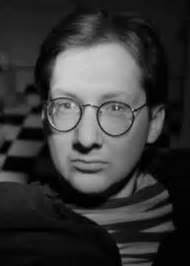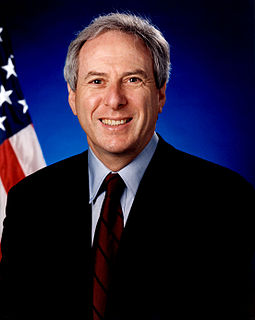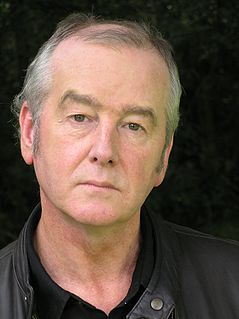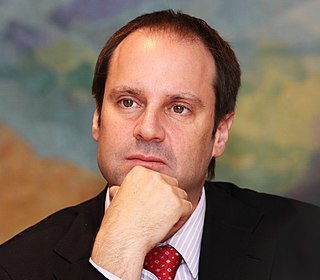A Quote by Steve Aylett
I knew books could see people around them, they ground their tiny teeth, tried to rattle like windows, stories to tell.
Related Quotes
I want to see children curled up with books, finding an awareness of themselves as they discover other people's thoughts. I want them to make the connection that books are people's stories, that writing is talking on paper, and I want them to write their own stories. I'd like my books to provide that connection for them.
"Only write what you know" is very good advice. I do my best to stick to it. I wrote about gods and dreams and America because I knew about them. And I wrote about what it's like to wander into Faerie because I knew about that. I wrote about living underneath London because I knew about that too. And I put people into the stories because I knew them: the ones with pumpkins for heads, and the serial killers with eyes for teeth, and the little chocolate people filled with raspberry cream and the rest of them.
Books can be passed around. They can be shared. A lot of people like seeing them in their houses. They are memories. People who don't understand books don't understand this. They learn from TV shows about organizing that you should get rid of the books that you aren't reading, but everyone who loves books believes the opposite. People who love books keep them around, like photos, to remind them of a great experience and so they can revisit and say, "Wow, this is a really great book."
I thought how you can never tell just by looking at them what they were thinking or what was happening In their lives. Even when you got daft people or drunk people on buses, people that went on stupid and shouted rubbish or tried to tell you all about themselves, you could never really tell about them either... I knew if somebody looked at me, they'd know nothing about me, either.
There was a whole language that I could never make function for myself; it revolved around words like 'tortured', 'struggle'. 'pain'.. .I could never see these qualities in paint - I could see them in life and art that illustrates life. But I could not see such conflicts in the materials and I knew that it had to be in the attitude of the painter.
She always did like tales of adventure-stories full of brightness and darkness. She could tell you the names of all King Arthur's knights, and she knew everything about Beowulf and Grendel, the ancient gods and the not-quite-so-ancient heroes. She liked pirate stories, too, but most of all she loved books that had at least a knight or a dragon or a fairy in them. She was always on the dragon's side by the way.
You see the lighted windows and what you want to think is that there may be many interesting stories behind them, but what you know is that really there are just dull, dull souls, mere consumers of food, who think their instincts are emotions and their tiny lives of more account than a whisper of wind.
What does it matter, if we tell the same old stories? ...Stories tell us who we are. What we’re capable of. When we go out looking for stories we are, I think, in many ways going in search of ourselves, trying to find understanding of our lives, and the people around us. Stories, and language tell us what’s important.

































